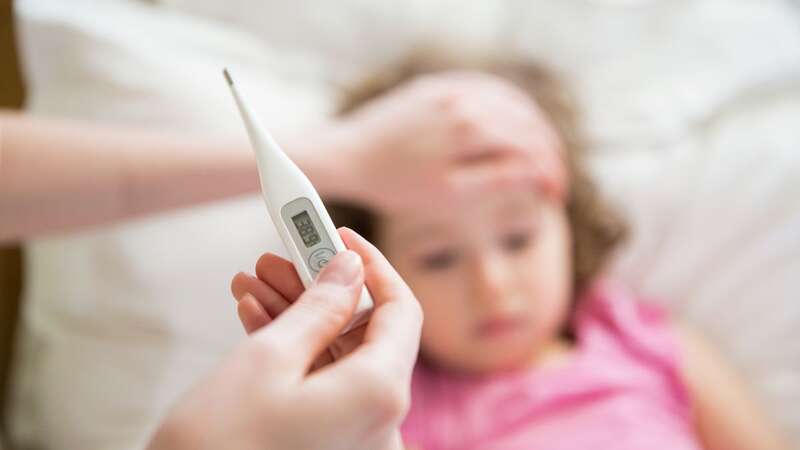
Brits are being warned to look out for symptoms of the rare infection Weil’s disease – after a child became seriously ill from swimming in a river in England.
An alert was issued by Dedham Parish Council in Essex who said the student "suffered a severe infection after swimming in the River Stour at Dedham, and has been very poorly". Weil's disease (leptospirosis), can be extremely serious and is transmitted through the urine of infected animals, including rats, mice, cows, pigs, and dogs, reports the Daily Record.
Dedham Parish Council said the Environment Agency is undertaking monitoring in the river at Dedham. The Environment Agency said it undertakes routine sampling at several sites along the Stour for “bathing water purposes”, including at Dedham Bridge and Flatford Mill. It said its latest samples “do not suggest any water quality issues at these sites”, and that it was the “responsibility of the local authority to display any required advisory notices against entering waterways due to public health risks”.
 Weil's disease is transmitted through the urine of infected animals (Getty Images)
Weil's disease is transmitted through the urine of infected animals (Getty Images)Weil’s disease can be caught if infected urine that finds itself in soil or freshwater, such as river water, enters the mouth, eyes, or a cut. Most people who catch it experience little to no symptoms, or mild flu-like symptoms, but some can become seriously ill, the NHS says.
Symptoms of Weil's disease may include a high temperature (fever), headache, stomach ache, body aches and pain, nausea or vomiting, diarrhoea, and redness in the white part of your eyes. Yellowing of the skin or white part of the eyes may also occur. Brits are now being warned to see a GP if they have been exposed to infected urine and are displaying symptoms of the disease.
 Man fined £165 after outraging the internet by dying puppy to look like Pikachu
Man fined £165 after outraging the internet by dying puppy to look like Pikachu
Symptoms of Weil's disease in stages
Early symptoms of Weil's disease (first phase)
Symptoms that usually appear within 2 to 30 days after exposure, and can last from a few days to a week:
- High fever
- Headache
- Chills
- Muscle aches (myalgia)
- Vomiting
- Diarrhea
- Red eyes (conjunctival suffusion)
- Skin rash
Later symptoms (second or immune phase)
Some people will experience more severe symptoms after a brief improvement in their condition. These include:
- Jaundice
- Kidney failure
- Liver damage
- Meningitis
- Haemorrhages
- Severe muscle pain and tenderness
- Abdominal pain
- Chest pain
 A child became seriously ill with Weil's disease after swimming in a river in England (Getty Images/iStockphoto)
A child became seriously ill with Weil's disease after swimming in a river in England (Getty Images/iStockphoto)Severe complications
A more severe form of Weil's disease can lead to life-threatening complications, including:
- Septicemia (blood poisoning)
- Respiratory distress
- Severe liver and kidney dysfunction
- Cardiovascular problems (e.g., myocarditis, pericarditis)
- Multi-organ failure
Mild form
Mild cases of Weil's disease will see flu like symptoms that may clear up on their own, often without the individual realising they had the disease.
How to treat Weil's disease
Diagnosis and treatment
Those presenting with symptoms are usually diagnosed by taking a blood test to detect antibodies against Leptospira bacteria, or PCR tests to identify bacterial DNA. For treatment, patients may be offered antibiotics like doxycycline or penicillin, supportive care for symptoms, and in more serious cases, hospitalisation.
 Dog who 'always melts hearts' with his smile hopes to find a loving family
Dog who 'always melts hearts' with his smile hopes to find a loving family
If you suspect you have been exposed to Weil's disease or are experiencing the symptoms consistent, it's crucial to seek medical attention urgently, as early diagnosis and treatment will help prevent severe complications.
Read more similar news:
Comments:
comments powered by Disqus

































